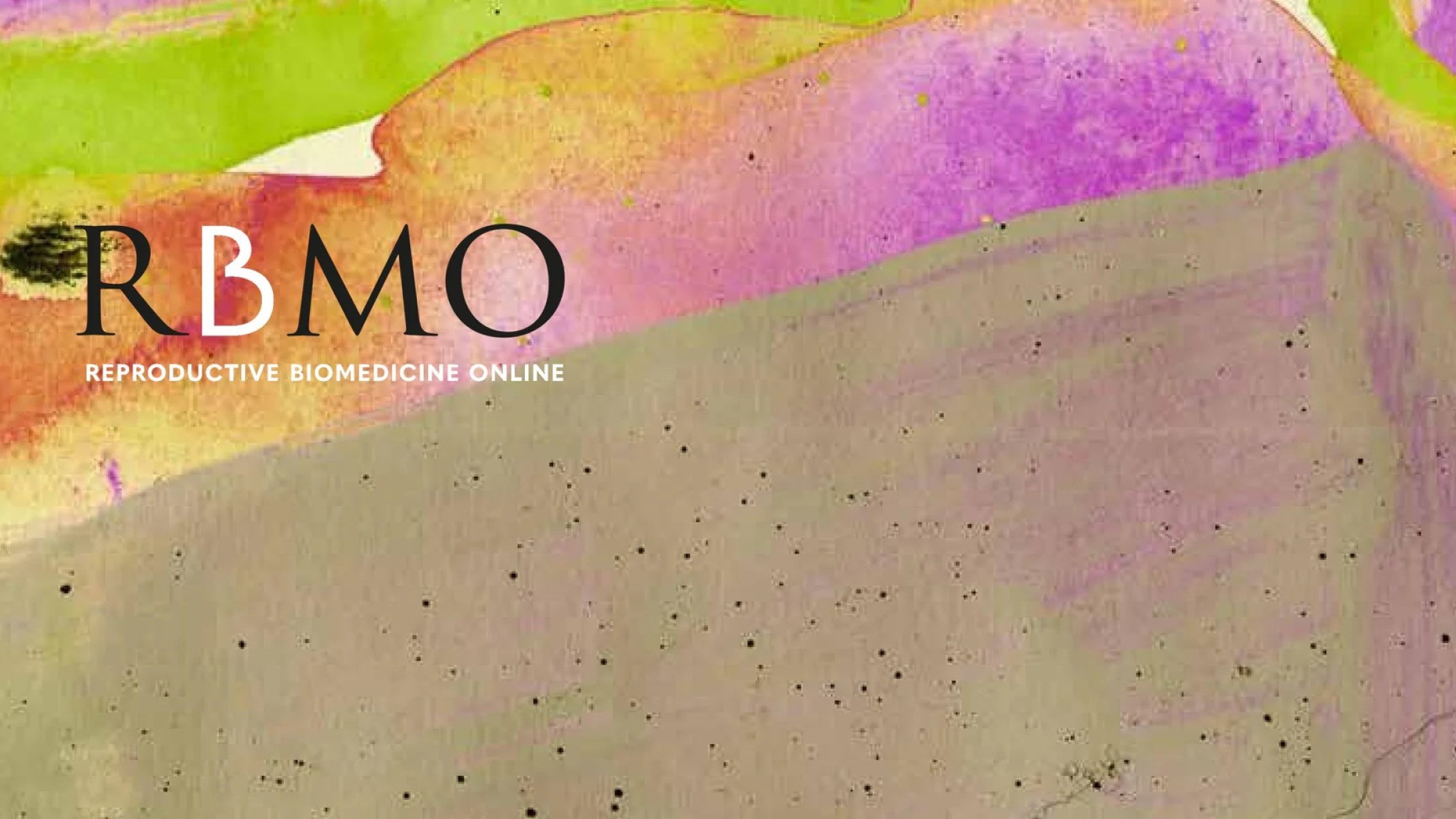
IVF NewsNews: Alabama Governor Enacts Law to Safeguard IVF Services
IVF.net Newsdesk 11 March 2024
In a decisive move, Alabama Governor Kay Ivey has officially enacted legislation that offers legal protection to in vitro fertilization (IVF) providers. This development comes in the wake of a controversial court decision that classified frozen embryos similarly to children, sparking widespread concern among fertility clinics regarding potential legal repercussions. The urgency to reinstate IVF services was palpable, prompting the Governor to swiftly sign the bill into law. This action was in direct response to the temporary cessation of services at several leading fertility clinics in the state, following a ruling by the Alabama Supreme Court. The court had allowed three couples to file wrongful death lawsuits after their frozen embryos were accidentally destroyed, treating the embryos as "extrauterine children" under wrongful death statutes. This legislation, effective immediately, ensures that IVF providers are safeguarded against both criminal prosecution and civil lawsuits related to embryo damage or death during the IVF process. However, it does allow for civil suits against IVF product manufacturers, with compensation limited to the cost of the affected IVF cycle. The bill's passage was a relief for many, including medical professionals and potential parents, who had voiced their concerns and urged lawmakers for a resolution. Clinics like Alabama Fertility have announced plans to resume embryo transfers immediately, signaling a return to normal operations and the hope for many families to grow. Despite the protective measures for providers, the bill has faced criticism for not directly addressing the legal status of embryos created in IVF labs, a topic that remains contentious. The law sidesteps the broader issue of embryo personhood and focuses instead on enabling IVF services to continue without legal hindrance. Critics, including Republican Senator Larry Stutts, argue that the legislation prioritizes provider protection over patient rights, raising ethical and legal questions about the valuation of human life. Meanwhile, proposals by House Democrats to clarify the legal definition of embryos were not considered, highlighting the political and moral complexities surrounding IVF and reproductive rights. The legislation represents a temporary fix to a pressing issue, with the potential for further legislative action as the state grapples with the implications of its strict anti-abortion stance and the definition of life. The debate continues, underscoring the delicate balance between advancing reproductive technologies and navigating the ethical landscape they inhabit. Sources: AP News - Alabama governor signs legislation protecting IVF providers from legal liability into law
[ Full Article ] Course: Embryology and IVF
Dr. D'Pankar Banerji 05 March 2024
Conference: 25th Royan International Congress
Royan Institute 04 March 2024

Scientific Secretary of the 25th International Reproduction Congress is Dr. Maryam Hafezi, the Scientific Secretary of the 20th Stem Cell Congress is Dr. Leila Taghiyar, the Scientific Secretary of the Nursing and Midwifery Seminar is Mrs. Zahra Hessari, and the Executive Secretary of the Congress is Dr. Ruhollah Fathi. [ Full Article ] Announcement: Admission Open 2024 for MSc ( Clinical Embryology & Pre Implantation Genetics)
Asia Pacific Institute of Embryology 04 March 2024

Eligibility Criteria • B.Sc (Science) • B.Sc Nursing For application form and prospectus [ Full Article ] Announcement: MSc Clinical Embryology
Liverpool John Moores University 02 March 2024
[ Full Article ] News: Alabama Legislature Advances Bills to Safeguard IVF Services
IVF.net Newsdesk 02 March 2024
In a decisive move, the Alabama Legislature, comprising both the Senate and the House, has approved measures designed to secure in vitro fertilization (IVF) treatments. This legislative action comes in the wake of a significant ruling by the state Supreme Court, which categorized embryos as children, thereby placing IVF procedures at risk of legal complications. The approved bills, heralded by Republican lawmakers, aim to specifically safeguard IVF patients and medical professionals from potential legal actions. This step is crucial for resuming the operations of IVF clinics that were forced to suspend services following the court's decision. Key Provisions and Legislative Journey The Senate passed bill SB 159, offering civil and criminal immunity to individuals and entities involved in IVF services from any lawsuits related to the damage or death of an embryo. A similar bill, HB 237, received approval in the House, mirroring the Senate's intentions. Despite extensive debates that spanned nearly six hours and saw objections from various quarters, the bills received overwhelming support. However, concerns were raised by both Democrats and Republicans. Democrats pointed out the lack of clarity on whether an IVF-created embryo should be legally considered a child, a core issue stemming from the Supreme Court's verdict. On the other hand, some argued that the proposed immunity might be overly broad, potentially leaving women without legal recourse in cases of adverse effects during IVF treatments. The Path Forward Republican sponsors of the bills have admitted to the imperfections in their proposals but emphasized their necessity as an interim solution to allow the reopening of IVF clinics. This legislative action underscores a pressing need to address the complications introduced by the Supreme Court's ruling and reflects a commitment to revisiting and refining the legal framework surrounding IVF. Reactions and Broader Implications The proposed bills have been met with criticism from reproductive rights advocates, who argue that they fall short of comprehensively safeguarding IVF care against the implications of the recent court decision. Critics, including Planned Parenthood Southeast, highlight the limited scope of these measures in fully addressing the challenges posed by the ruling, which has sparked a nationwide debate on reproductive rights and IVF practices. As Alabama lawmakers work towards a unified version of the bill to present to Governor Kay Ivey for her signature, the broader conversation around IVF and reproductive rights continues to evolve. This legislative effort represents a crucial step in ensuring the availability and safety of IVF treatments in Alabama, amidst ongoing discussions on the legal and ethical considerations of reproductive technologies.
Source NBC News - Alabama Senate and House pass bills to protect IVF after court ruling [ Full Article ] News: ART & Embryology training program
Chennai Fertility Center and Research Institute 01 March 2024
Webinar: RBMO LIVE 7
International IVF Initiative 21 February 2024

3pm EST/ 7pmUK/ 8pm CET, Tuesday 12th March 2024. Hot Topics and Editors’ Choices [ Full Article ] News: THE FUTURE OF FREEZING PART 1
International IVF Initiative 21 February 2024

3pm EST/ 8pmUK/ 9pm CET, Tuesday 5th March 2024. This webinar is kindly sponsored by Future Fertility
Q and A [ Full Article ] I3 Revisited: 24hr QC
International IVF Initiative 21 February 2024
A presention on the imporance of QC and redundancy in IVF by Dr. Jean M. Popwell of Inception Fertility. Including the latest in Monitoring with Thermographic Technology [ Full Article ] |